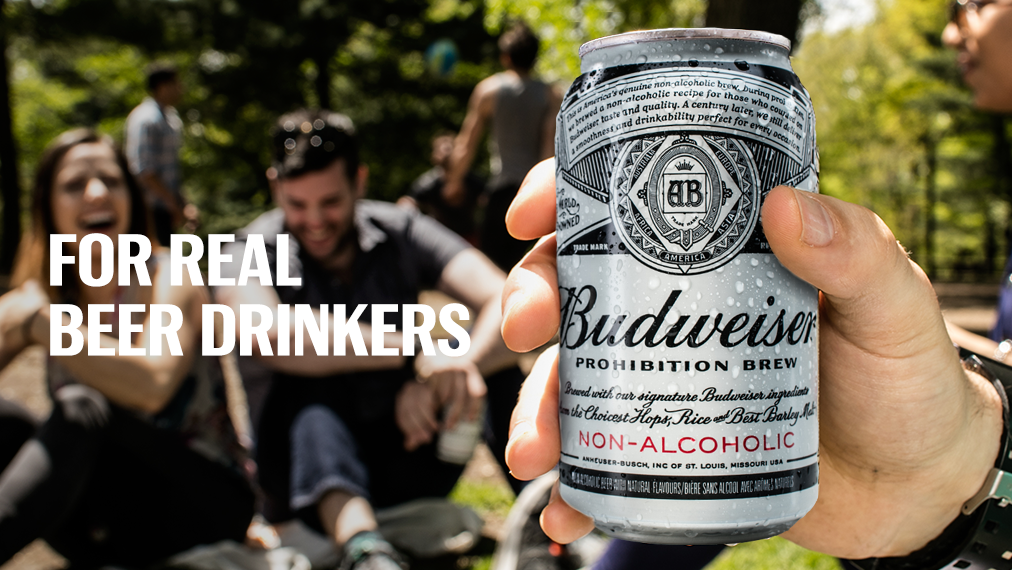In episode 113 of the Disruptors for Good podcast I speak with John Blood, Chief Legal and Corporate Affairs Officer at Anheuser-Busch InBev, the world’s largest brewer, on the company’s mission to eliminate harmful drinking around the globe. In this episode, John is also joined by Bill Novelli, founder of Business for Impact at Georgetown McDonough School of Business.
The Business for Impact initiative at Georgetown University’s McDonough School of Business released an in-depth case study on the current status of Anheuser-Busch InBev (AB InBev)’s Global Smart Drinking Goals (GSDGs). This is a ten-year voluntary initiative by the world’s largest brewer to reduce harmful use of alcohol.
The GSDGs began in 2015 and will run until 2025. The report is an assessment of AB InBev’s progress during the first five years. Within the report, titled AB InBev and Smart Drinking: An Analysis of How the World’s Largest Beer Company Contributes to the Reduction of Harmful Alcohol Use, Georgetown recognizes AB InBev as an industry leader for its pioneering efforts to promote “Smart Drinking” through investments in excess of a quarter-billion dollars since 2015.
The findings suggest that businesses can play a role in addressing global social challenges, when there is commitment from the top, understanding the need to embed smart drinking into the commercial strategy as recommended by public health experts, and a willingness to go beyond traditional corporate philanthropy to create shared value for both business and society. Specifically, AB InBev’s Global Smart Drinking Goals initiative has been successful in bringing together public health and corporate leaders to work collaboratively toward the common goal of reducing harmful drinking.

- In 2010, the WHO prioritized confronting harmful alcohol use as a global public health imperative, calling for action by governments, civil society organizations, academia, and the alcohol industry.
- In response, ABI announced in 2015 it would contribute $1B to reduce harmful drinking globally through a new initiative, the Global Smart Drinking Goals (GSDGs). In doing this, ABI established itself as an industry leader committed to helping to solve harmful drinking across the globe.
- Now – the Business for Impact initiative at Georgetown University’s McDonough School of Business released an in-depth case study on the work ABI has done as part of this $1B commitment: what works, what doesn’t, and how alcohol companies can be part of the solution.
Case Study – Harmful Drinking
The harmful use of alcohol causes approximately 3 million deaths every year. Thus, societies are grappling with how to safely allow for the production and consumption of alcohol while protecting public health. Public health leaders recognize that just as industry contributes to the problem of harmful drinking, it might also play a significant role in solving it.
With the launch of the GSDG initiative, ABI has proven that reducing harmful drinking is a priority for the company, and that the global organization is striving to go beyond traditional corporate social responsibility to create shared value for business and society.

Case Study Key Findings
- The alcohol industry must deepen public health collaboration.
- To drive norm and behavior shifts, social marketing campaigns must be launched as long-term, year-round initiatives in multiple markets across the world.
- The alcohol industry should engage in policy advocacy, i.e. lend a voice to public policies supported by public health experts.
- Commitment from the top is key. As is collaboration between public health, corporate leaders, government and nonprofit entities to have a positive impact on society.
Listen to more Causeartist podcasts here.
Latest Stories
- What are Plant Based Fibers
- 7 Sustainable and Eco Friendly Floss Options
- Anshul Magotra: How Social Innovation Circle Supports Impact Entrepreneurs
- Causeartist Brief – U.S. Department of Energy x Google, Bezos Centers for Sustainable Protein, Oregon Biochar Solutions
- Evidencity: Pioneering the Fight Against Modern Slavery Through Tech








